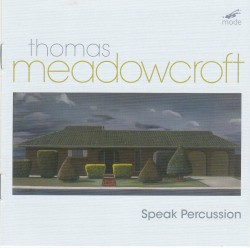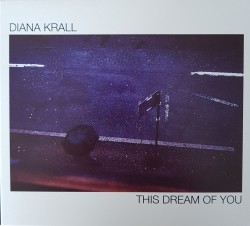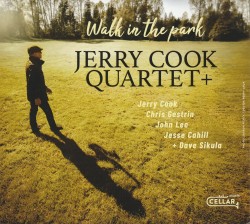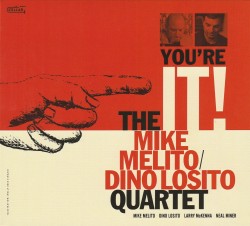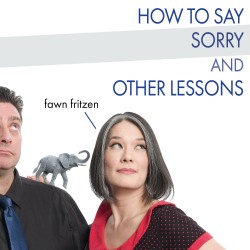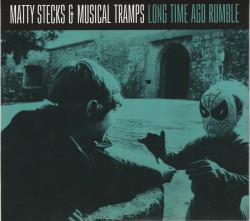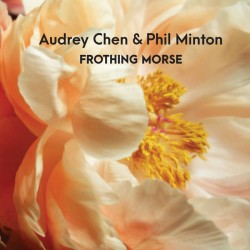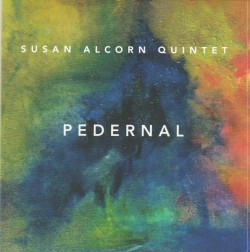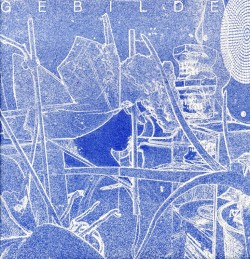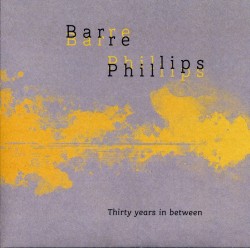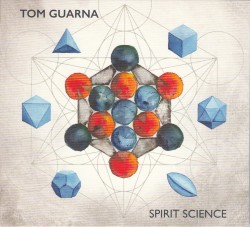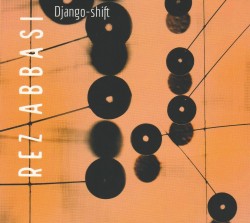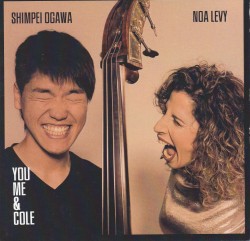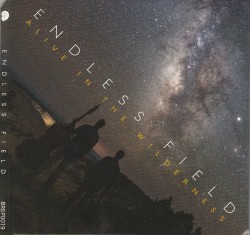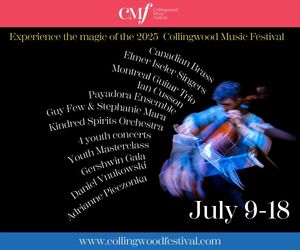Jeff Morris: Close Reeding, A digital view from the inside out - Various Artists
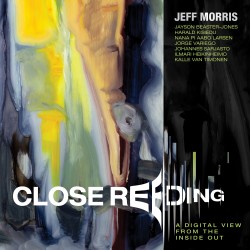 Jeff Morris – Close Reeding, A digital view from the inside out
Jeff Morris – Close Reeding, A digital view from the inside out
Various Artists
Ravello Records RR8041 (ravellorecords.com/catalog/rr8041)
The third track on this disc by sound artist Jeff Morris is Slurp, an unsettling collection of the very oral sounds made by reed players with the apparatus of their trade: mouthpiece, reed, tongue, lips, actuated by saliva and breath. As an exploration it is horrifying yet familiar. I stood the test of it by writing these thoughts while hearing it, but it was still a challenge.
Compared to some of the other tracks, Slurp is at least comfortingly acoustic; others, like the title track, are laboratory products, where the hint of a recreated physical space is buried under synthetic effects occurring in the void of Cyberia. I visualize a blank soundstage, black or neutral white, no corners, no floor walls or ceiling. Within this space Morris explores the quasi-human voices of reed instruments, pairing them with, or pitting against, sounds from his own digital sound production mechanisms.
Melody and harmony sit much of this disc out, back in the “real” world. Instead: dialogues of nattering, whining, dyspeptic, or louche voices, disembodied and reminiscent of the acoustic instruments where they were born. So, rhythm, timbre, certainly pitch, but pitch that is nearly arbitrary, the servant of an attempt to express through something very like speech, something very like meaning. In Voclarise, a brief melodic utterance by the bass clarinet turns into a gorgeous chorale that is soon usurped by a croaking (contra?) bass clarinet. What’s in a Whisper is a four-movement (Hush, Howl, Growl, Grit) trio for drum kit, alto sax and synthesizer. Here is almost conventional chamber music, at least compared with the other more singular and solitary expressions.
The lineup of contributors is impressive, their commitment to this extravagance is total. Not for everybody, but verifiably music.


